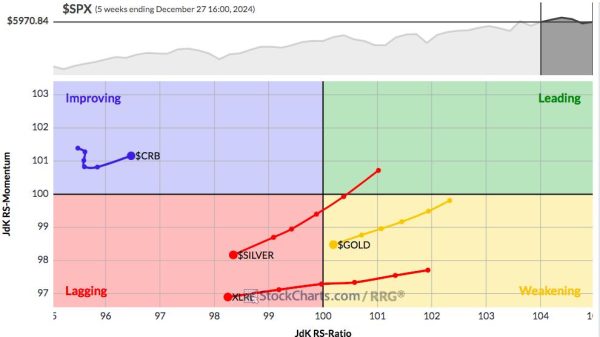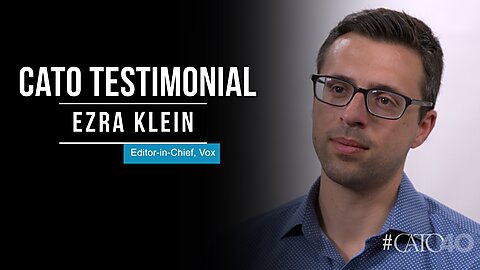New research has revealed that women report they still face stereotypes when running a business compared to their male counterparts, saying they are seen as ‘too emotional’, ‘bossy’, ‘weak’ and ‘trying to be masculine’.
The research found that nearly half of women believe there is less room for them to fail in the business world in comparison to men.
For more than a quarter of women, one of the largest obstacles to them starting their own business is having a lack of confidence, followed by fear of failure. In addition, two in five feel that as a woman they are more likely to have their confidence knocked by failure in the workplace than men.
With a legacy of championing women for more than 135 years, global beauty brand Avon has partnered with female business owner, Lydia Bright, to reframe what it means to be a female entrepreneur in 2022, improving access to opportunities for women to become their own beauty boss.
Fail again, fail better
Despite fear of failure and confidence affecting women’s decision to start up their own business, Avon’s research reveals half of women believe failing is a crucial part of success, with half also agreeing it humanises leaders, making them more relatable. For women that already have their own business, the top area they feel they have failed is achieving the right balance of work and personal life.
Gendered business terms
Despite growing popularity, research shows that women think gendered business terms such as ‘boss babe’ and ‘She-EO’ are out of touch. More than a quarter of women in the UK feel patronised by this language and are annoyed men don’t have the same labels which are unnecessarily gendered.
Lydia Bright, Mum, lifestyle influencer and entrepreneur, comments: “Both of my parents were entrepreneurial, so I’ve always had that mindset and drive instilled in me. I’ve always felt so excited by coming up with an idea for a business and grabbing every opportunity to make it a success. The research shows we still have a way to go in dismantling certain barriers and misconceptions so that all women feel empowered to unleash their business ambitions, something I feel passionately about.
“Once I became a mum, I realised how lucky I was to be in the position of working my own hours and having the flexibility to juggle both work and childcare. That’s why the Avon Rep opportunity is so convenient for busy women, as they can work whenever suits them, earn on their own terms, and fit it all around their existing routine.”
Tracey Powers, UK Sales Director for Avon comments: “We’ve been championing women for more than 135 years to become their own bosses, but our research shows there is still more to do to improve access to opportunities, break down barriers and enhance the perception of women in business. Our global community of millions of Representatives earn and learn in their own way and on their own terms through a beauty business built on relationship selling; whether that be earning £30,000 a year as their main source of income or £30 a month to help treat themselves. As more people seek flexible earnings opportunity due to the ongoing cost-of-living crisis, we’re seeing a real reappraisal for this direct selling model, allowing you to be in control of your own success and progression.
“At Avon we continue to celebrate acts of entrepreneurship in all forms – from the spirit it takes to start out, to the everyday resilience women possess that helps them become their own boss.”
Committed to supporting its Representatives run their own hi-touch, hi-tech beauty businesses built on relationships, Avon continues to invest in digital developments to enhance their business through its Avon ON App and Avon Connect Training platform. The beauty giant has also revolutionised its commission structure, now offering up to 32%, as well as launching its industry-leading, personalised Avon Rewards programme. Whether Reps are new starters or established leaders, Avon Rewards benefits all Reps with more engagement leading to bigger rewards, from custom discounts and special offers, through to money off groceries and even holidays.
Read more:
‘Too emotional’ & ‘too bossy’: Calls for women in business stereotypes to change
























